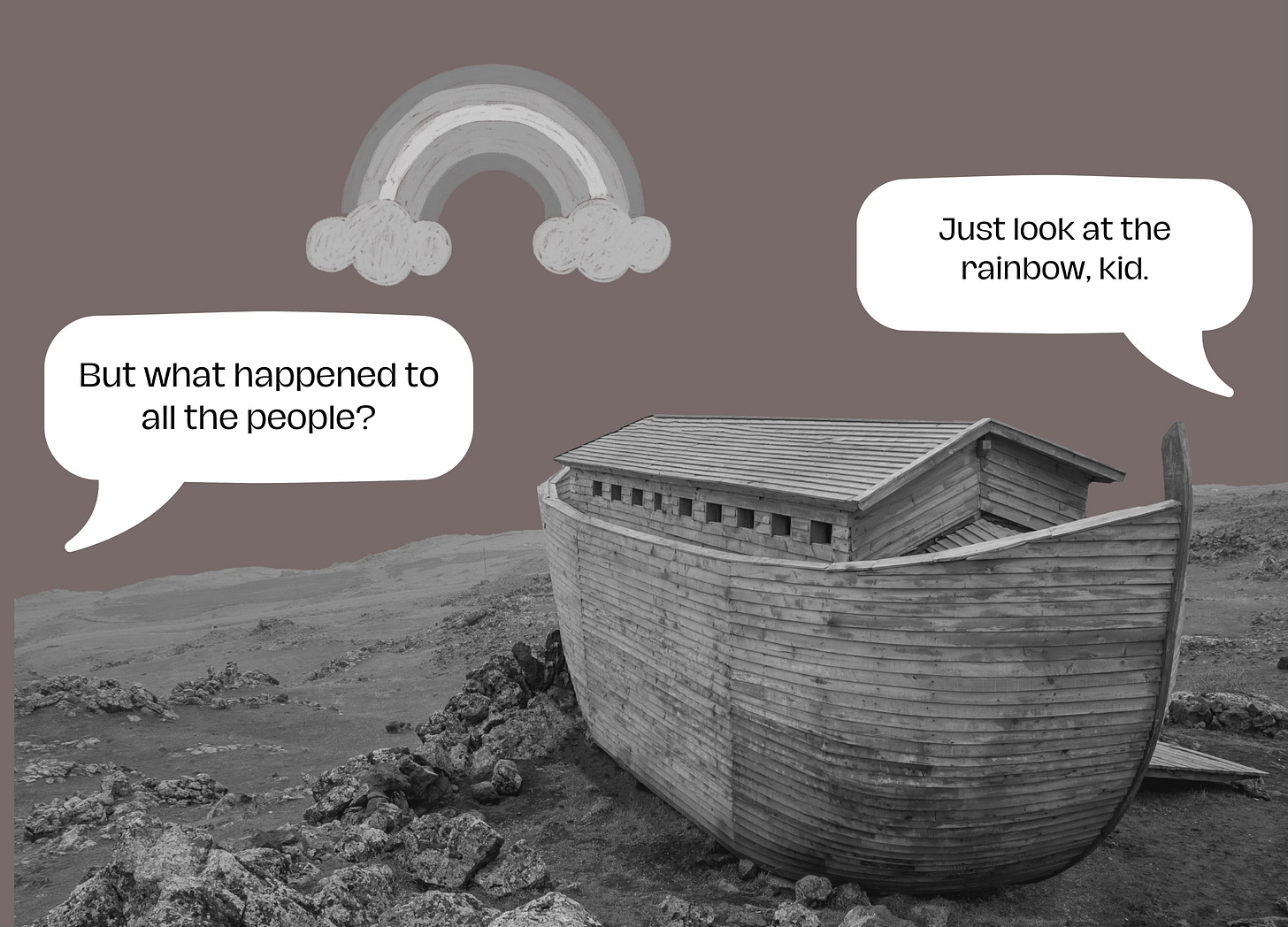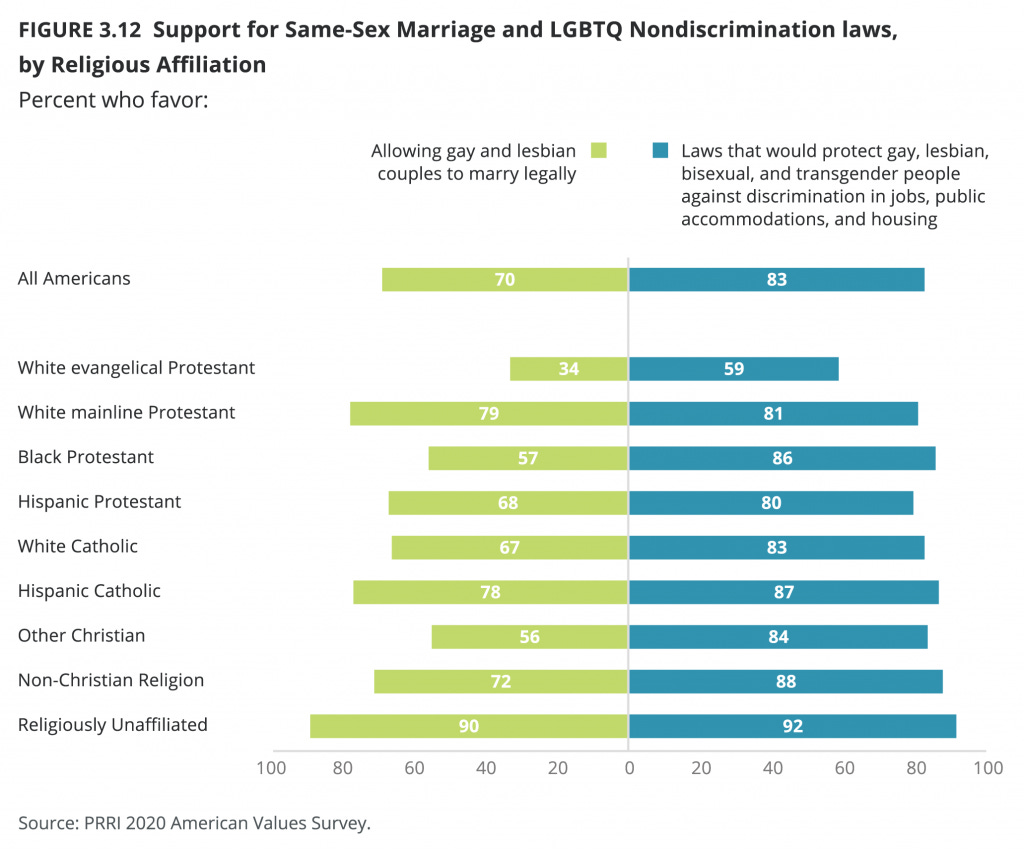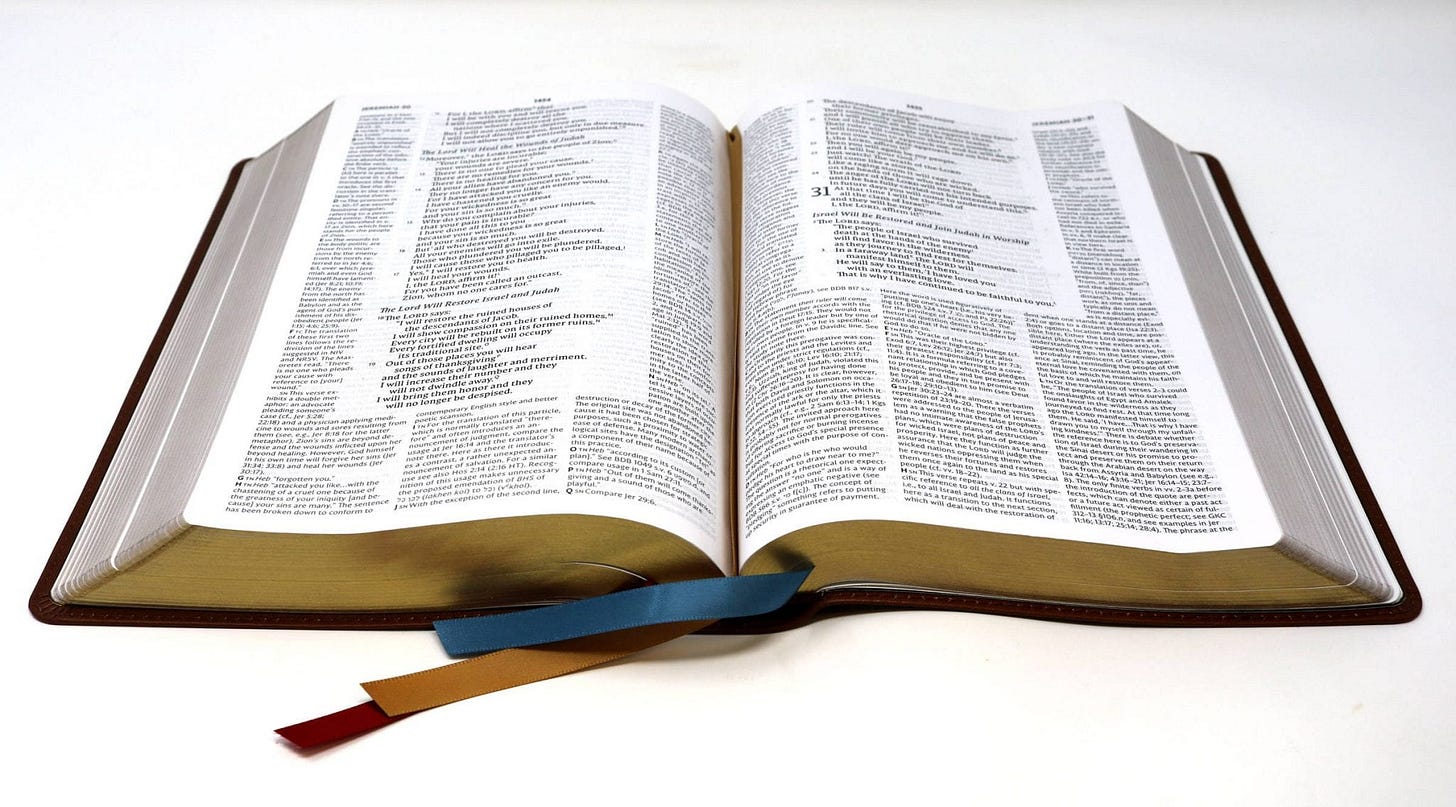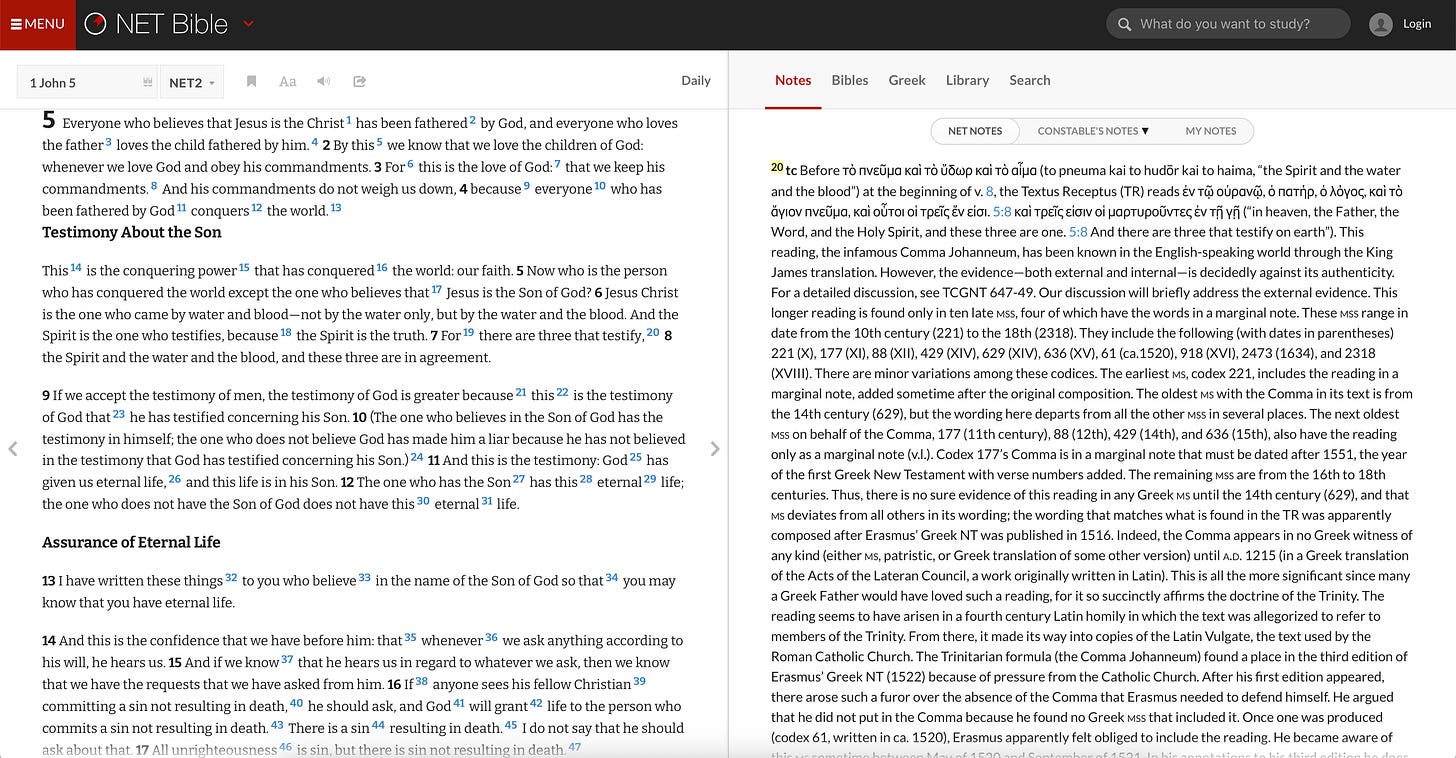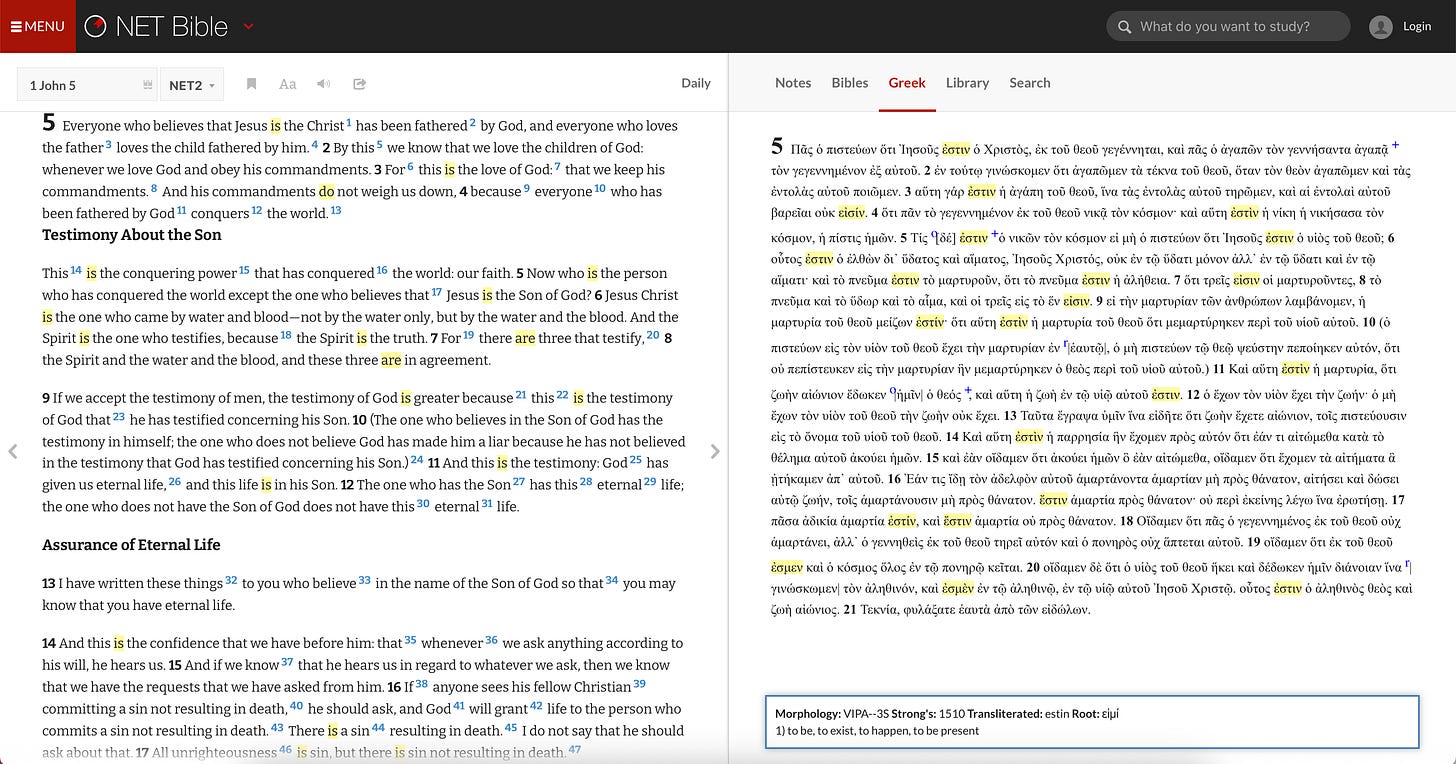The Art of Knowing Your Audience
Conversations with Your Kids and Fellow Adults Too
Hi all! This weekend was my boy’s birthday. I’m still tired and wrapping my head around having a kid old enough to have his class over for a party. Enjoy today’s brunch and, as an extra little taste, I will say I have a fun addition brewing. More on that soon!
Family Slice - Book of Belonging
The other day, my 4-year-old daughter was driving with my wife when they passed a church. Our little one exclaimed, "Look, that building has an X on top of it!" That’s when we realized that, while we pride ourselves on our interfaith household, we may have forgotten to knead in some essential information about who Jesus actually is. I think it's a combination of my wife's fatigue from being a pastor's wife and our internal focus on Judaism. Still, we couldn't help but chuckle when we realized our daughter had no clue what a cross was... oops?
The issue: I've long been opposed to children's Bibles, and after meeting Sarah Schwartzendruber from Parenting After Deconstruction (little-known fact: she's a partner at the Resonance), this feeling only grew stronger. The problem is that some stories just aren't suitable for kids. For instance, why do we explain to our 3-year-olds that God got fed up with humanity and decided to flood and kill everyone except eight people? When our kids are a bit older, we can share insights about symbolism or even creation stories from other cultures. But psychologically speaking, is it really a good idea to share these stories with young children?
Still not convinced? My son is at a developmental stage where he's beginning to understand that we're not infallible protectors. It's also a time when some fears start to develop, like the possibility of losing his parents. Last year, we had to work hard to reassure him that we wouldn't randomly leave him home alone, that we weren't spies, and that vampires wouldn't show up at his window. Are we really comfortable pushing biblical stories for the sake of our children's religious education, given these developmental considerations?
Enter "The Book of Belonging" - a collection of Bible stories that's actually age-appropriate from a child development perspective and highlights the diversity of God's people. We've just started reading it as a family, and we're really excited about the first few stories. I still struggle with the representation of the original sin story, but for now we enjoy the family time and the focus that God calls us good and celebrates us by name.
This Week’s Special: Politics and Affirmation
Let me ask you a question: if someone is Republican, are they automatically also anti-trans? This is a question that has been occupying my mind for quite a while. What if, politically, you're in the center and you disagree with some of Harris's policies, and you think to yourself, "Should I just vote Republican" but then you realize that you can't because you're queer?
The picture that I'm trying to paint is that, for some reason, certain political matters like abortion, queer rights, and immigration have come to define the party. But why is this? I mean, I know the answer, of course, but let's try to put this aside for a moment and look at it from a different perspective. What do queer issues have to do with being Democrat or Republican?
Ideologically speaking, Republicans advocate for less government interference, so queer liberties be a top Republican value. Likewise, ideologically, Democrats are for a more involved Government, so shouldn't they care more about what goes on in the belly of a woman? I know I'm being facetious right now, and I know where the divide comes from, but if we look at it from a meta-perspective, it just seems a little bit weird. I should be able to vote for whatever I want without having the perceived list of values of the party being ascribed to me.
As someone who moved here in 2012, I’m more interested in what we’re not talking about, and I’m a little bit fed up with the regular talking points. For example, how to get accessible healthcare to every single person in the US, or making sure that everyone can feed their children, and maybe even how we can reform our school system so that individual schools get better funding. It’s just frustrating to see that we are allowing the identity of the political parties we belong to dictate what we talk about and, more importantly, what they think we need on the ballot.
The Crust of the Matter
Last week’s paid newsletter was all about Foundationalism. No, I’m not talking about Epistemic Foundationalim, I’m talking about making sure we’re all talking about the same thing. For example, there are, in fact, gay Christians in America. Depending on your camp, this statement either looks very innocent or infuriating, but this statement shows the foundational truth that by nature of there being gay Christians in America, all Christians can therefore not be against homosexuality. Does that make sense?
Let's take a couple of steps back. On December 5th, 2022, Lorie Smith said she wanted to expand her graphic design services to include marriage websites. However, she feared that the state of Colorado would compel her to make websites for celebrating gay marriages, which she doesn’t endorse. I remember very well when the Supreme Court decided on June 30th, 2023, in her favor because the implications became clear: if a person can reject services to gay couples, how will the American people interpret this ruling? I do not post my frustrations online often, but when I feel that my existence is threatened, I get stuck in a loop of what-ifs. When this ruling was decided I posted, “As of Yesterday, Kim and I can walk into a coffee shop, and the owner can refuse us service.”
And, true enough, less than two weeks later, a hairdresser in Michigan stated, “If a human identifies as anything other than a man/woman, please seek services at a local pet groomer. You are not welcome at this salon. Period…” In defense of the hair salon owner, why would any queer folks go to that salon? However, the point here is that regardless of the true legal nature of the 303 vs. Elenis ruling, the people will interpret it in their own way.
What is Foundationalism?
Not to be confused with Strong Foundationalism or Epistemic Foundationalism. Foundationalism asks us always to be skeptical of what people are claiming. It asks us to first examine if we even agree with the foundational or underlying arguments.
For example, my favorite vacation is Norway that is because my idea of a perfect vacation is a place that is secluded and that has challanging hikes. However, if I say “Norway is the best vacation destination there is” - you first have to agree with the underlying assumption: hiking in the mountains is the best vacation activity. If you like chilling on the beach, you can’t possibly agree with the statement. Your disagreement doesn’t imply that Norway is a bad vacation destination, neither that Norwegians are bad people, or that Norway doesn’t have nice beaches. All you’re saying is that you can’t see yourself lying on the beach in Norway.
This is a harmless example but should be applied to controversial topics all the same. For example if someone says “the Bible clearly condemns homosexuality” we first have to agree on the underlying assumption that the bible is clear in our language and that it has authority over topics like human sexuality. We may quickly resort to apologetics but it’s a moot discussion and if we disagree on the foundational level we only give the impression that the argument is worth making.
It is tempting to look at the 303 vs. Elenis ruling and say things like, “What about married couples that lie (often cited as a Biblical sin),” or “This is such a homophobic bill.” Still, the problem with any of these approaches is that they only validate the underlying error: there are, in fact, gay Christians.
Stating that you can’t make websites because celebrating homosexuality is against your beliefs implies that Christianity can’t celebrate homosexuality, and this is exactly where the foundational flaw lies. Every time we argue about the substance of the ruling, we indicate that there is validity to that notion. But in reality, there is no such premise. It is not universal; on the contrary, the majority of Americans support gay marriage, the majority of Christians support gay marriage, and 50% of Republicans support gay marriage. As you can see in the figure below, the only group predominantly against gay marriage are white evangelical protestants. Even that last group is mostly in favor of laws that would protect LGBTQ people against discrimination in jobs, public accommodations, and housing.
So let’s rewrite the opening sentence. There are gay Christians in America and the majority believes there should be law to protect them.
Bytes - NET Bible
Have I ever talked about the NET Bible with any of you? The folks at Dallas Theological Seminary made this translation called the New English Translation and while I disagree with many tenets of Dallas Theological Seminary, some of their language scholars are pretty impressive. But that’s not why I like using the NET bible. I like it because it gives translation possibilities whenever possible, which makes it very easy for those who can’t read Hebrew, Aramaic, and Greek.
So I have a physical copy, just like the one above, and I find myself using it a lot, even though my translation skills are pretty solid. But the real magic starts when you use it online because you get a panel on the left with the NET version and a panel on the right with either the notes, parallel translations, Greek/Hebrew, or a library. Within the notes panel, you can find really insightful translation information. But it also prevents evangelical translations, like the NET Bible, from claiming a single winning translation. By nature of this note system, they are forced to show you other ways of translating it - for example, the translation by itself doesn’t explain the Johannine Comma (1 John 5:7) at all, but the note system brings this topic to the masses.
Another cool feature is that if you know a little bit about ancient languages, the Hebrew/Greek tab can give you some interesting insights. For example, if you’re looking for a quick way of seeing how many times a specific word is used in a passage, you just hover over it with your mouse. It will then give you the translation on the bottom right (which is not super useful if you’re not familiar with languages) and highlights the word both in the original language and the NET version.
Sorry to geek out on ya’ll, but I’ve noticed that I’m using this more than I use my Silver version of Logos Bible Software. It’s just quicker to look something up, and it gets the job done. Try it out!
Pie To Go
🌴 This week is Sukkot! You know what’s cool? When you’re not the only Jew. So this week, my son has someone from school explain Sukkot to the class and even go on a trip to see a real Sukkah! Go Jews!
💪🏼 This week is also the start of our Three Pronged Attack for Kim’s job search. The first prong is traditional job applications. The second prong is networking with companies she wants to work with. The third prong is landing deals for the Resonance. Does anyone want a free coffee with Kim?
🪥 I’m considering buying a toothbrush with an app so that my son will actually finish brushing his teeth. They’ll gamify anything these days and, considering his attempts at dental hygiene so far, I’m here for it.



